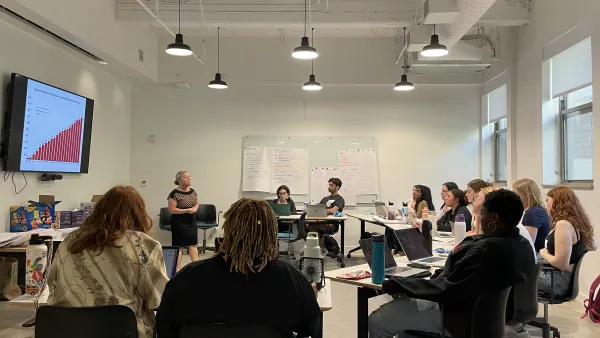
The Center for the Humanities currently sponsors two initiatives to engage with research and pedagogical practice around the topic of reproductive justice: a faculty working group, Reproductive Justice, Health, Rights, and a year-long interdisciplinary StudioLab course, The Politics of Reproduction.
In the wake of the Dobbs decision that immediately led to the criminalization of abortion in several U.S. states, starting with Missouri, these initiatives are meant to empower interdisciplinary inquiry to address, discuss and communicate on political, racialized, gendered and public discourse around reproductive justice and its attendant themes of intimate practices and norms surrounding bodily autonomy and sexual practice.
Both of these projects share the axiom that humanistic knowledge across fields — Black studies, women’s and gender studies, queer studies, ethnic studies, history, sociology, anthropology, literature — can help us to understand and respond to seismic legal shifts such as the Dobbs decision. In both of these projects, both global networks and transnational knowledge will be engaged and considered as means of facilitating local progress toward reproductive justice. Both initiatives engage with the specialized knowledge of WashU faculty and researchers in medicine, law and public health, as well as frontline activists in the St. Louis region to explore how scholars and students alongside an interdisciplinary group of strategic collaborators from inside and outside academia can advance the cause for reproductive rights.

